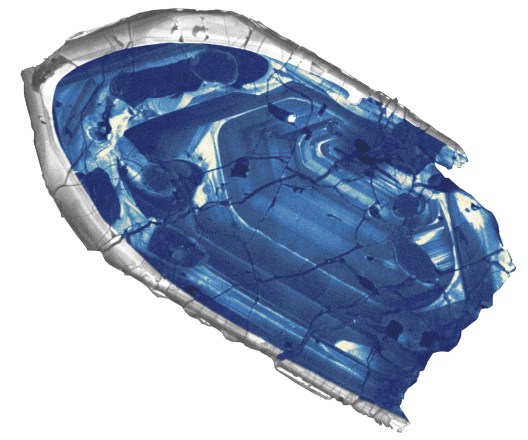On 16 July 1990, a new parliament adopted the Declaration of State Sovereignty for Ukraine. The declaration established the principles of the self-determination of the Ukrainian nation, its democracy, political and economic independence, and the priority of Ukrainian law on the Ukrainian territory over Soviet law.
A month earlier, a similar declaration was adopted by the parliament of Russia. This started a period of confrontation between the central Soviet, and new republican authorities. In August 1991, a conservative faction among the Communist leaders of the Soviet Union attempted to remove Mikhail Gorbachev and to restore the Communist party's power. After the attempt failed, on 24 August 1991 the Ukrainian parliament adopted the Act of Independence in which the parliament declared Ukraine as an independent democratic state.
On December 1991, 90 percent of the Ukrainian people expressed their support for the Act of Independence.
Although the idea of an independent Ukrainian nation had previously not existed in the 20th century in the minds of international policy makers, Ukraine was initially viewed as a republic with favorable economic conditions in comparison to the other regions of the Soviet Union. However, the country experienced deeper economic slowdown than some of the other former Soviet Republics. During the recession, Ukraine lost 60 percent of its GDP from 1991 to 1999,and suffered five-digit inflation rates. Dissatisfied with the economic conditions, as well as the amounts of crime and corruption in Ukraine, Ukrainians protested and organized strikes.
The Ukrainian economy stabilized by the end of the 1990s. A new currency, the 'hryvnia' was introduced in 1996. Since 2000, the country has enjoyed steady real economic growth averaging about seven percent annually. A new Constitution of Ukraine was adopted under second President Leonid Kuchma in 1996, which turned Ukraine into a semi-presidential republic and established a stable political system. Kuchma was, however, criticized by opponents for corruption, text-decoration, electoral fraud, discouraging free speech and concentrating too much power in his office. He also repeatedly transferred public property into the hands of loyal oligarchs.
In 2004, Viktor Yanukovych, then Prime Minister, was declared the winner of the presidential elections, which had been largely rigged, as the Supreme Court of Ukraine later ruled. The results caused a public outcry in support of the opposition candidate, Viktor Yushchenko, who challenged the outcome of the elections. This resulted in the peaceful Orange Revolution, bringing Viktor Yushchenko and Yulia Tymoshenko to power, while casting Viktor Yanukovych in opposition. Yanukovych returned to a position of power in 2006, when he became Prime Minister in the Alliance of National Unit. And, in September 2007 Tymoshenko became Prime Minister again.
Currently, protesting Ukrainians, Vikor Yushchenko and Ukrainian police are killing Ukrainians. This form of behavior has become very abnormal because a very different God and a very different universe has been found recently by my work. So, Ukrainians must lay down their killing forces so that they can discuss this new God, the new universe, and the new life that God has for all people.
My three books are:
1. The First Scientific Proof of God (2006), 271 pages
2. A New and Modern Holy Bible (2012), 189 pages
3. God And His Coexistent Relations to The Universe. (2014), 429 pages


